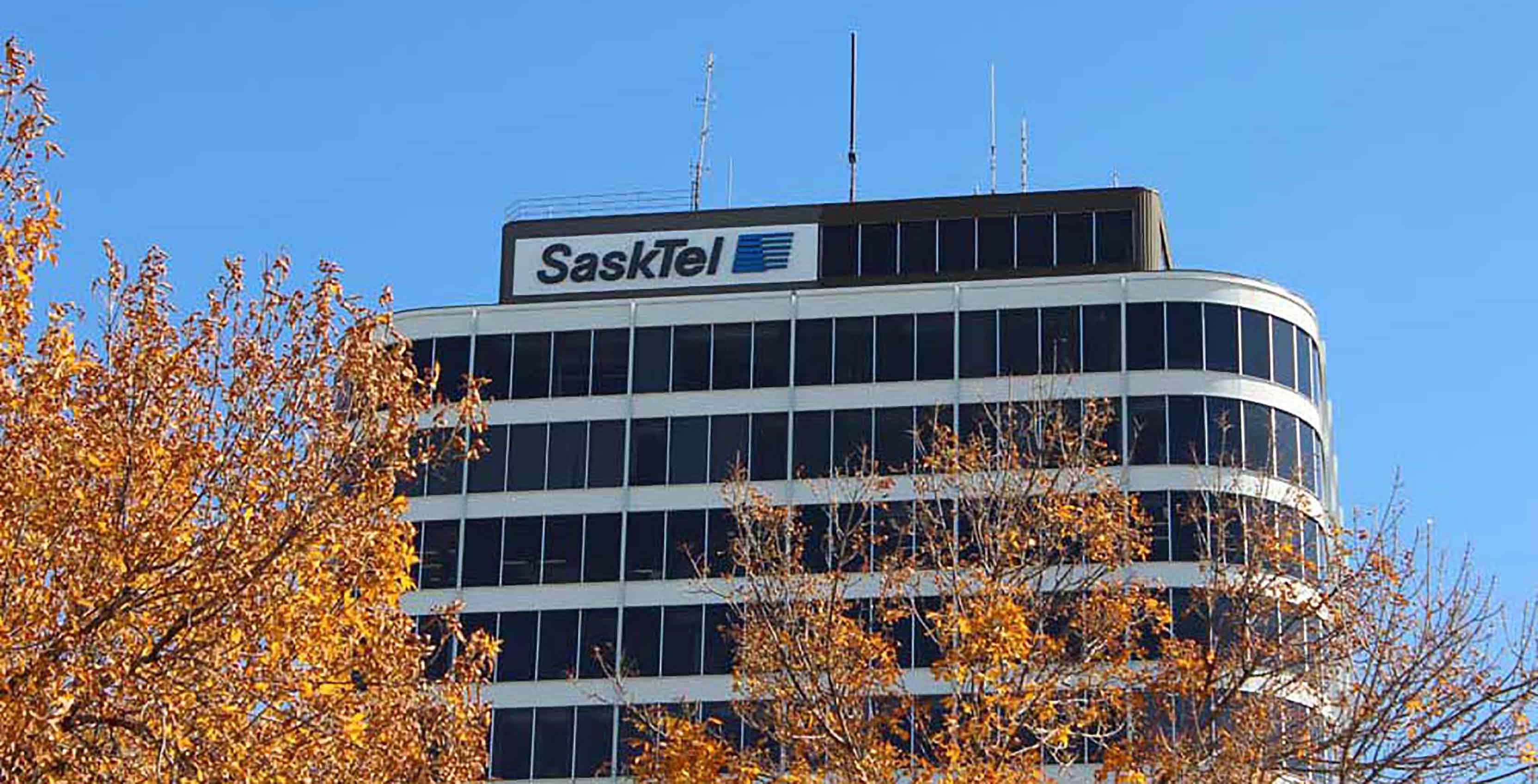
Regional carrier SaskTel is taking a stand against the CRTC’s decision to phase out an endowment that lowers the cost of cell service in rural areas.
The local service subsidy regime (LSS), ensures that rural communities and customers in so-called “High cost serving areas” (HCSA) — areas with usually poor cellular reception — aren’t forced to pay additional fees for wireless service.
In a media release, SaskTel argued that phasing out the LSS “will impact roughly 100,000 Saskatchewan households that still rely on the local voice subsidy for affordable telephone service.”
According to SaskTel, the LSS is approximately $160-per-year for customers in an HCSA, with some customers having to pay upwards of $300-per-year.
“The CRTC’s proposed actions are more aggressive and more immediate than we had expected and we are strongly encouraging impacted Saskatchewan rural residents, groups, and associations to express their concern through the CRTC’s consultation process,” said Ron Styles, president and CEO of SaskTel.
The elimination of the LSS would force SaskTel to increase its rates, which would in turn force rural and HCSA customers to pay even more than they already do for their wireless service.
The LSS was “developed to help Canadians in [high-cost serving areas] benefit from the same residential voice services as those available in urban areas at reasonable prices, by funding the difference between the price of the local voice services and the associated costs,” according to the CRTC.
Those “associated costs” include the costs of establishing telecom towers in rural communities, where there is typically weaker cellular reception.
The CRTC’s decision to phase out the LSS stems from the governing body’s new commitment to deliver “access speeds of at least 50 megabits per second (Mbps) download and 10 Mbps upload” to all Canadians across the country.
SaskTel serves the province of Saskatchewan, and provides wireless service to over 600,000 subscribers.
MobileSyrup may earn a commission from purchases made via our links, which helps fund the journalism we provide free on our website. These links do not influence our editorial content. Support us here.


